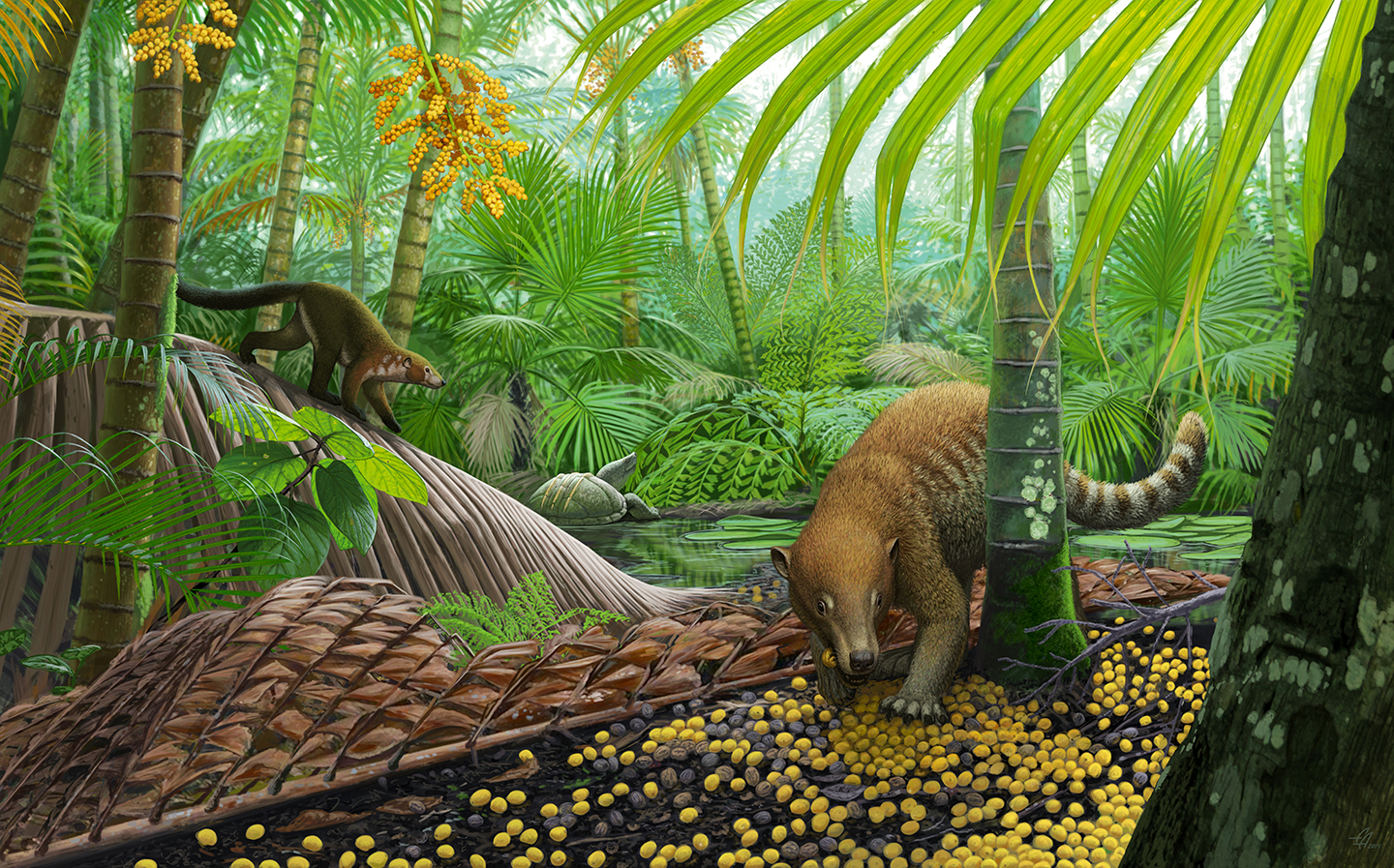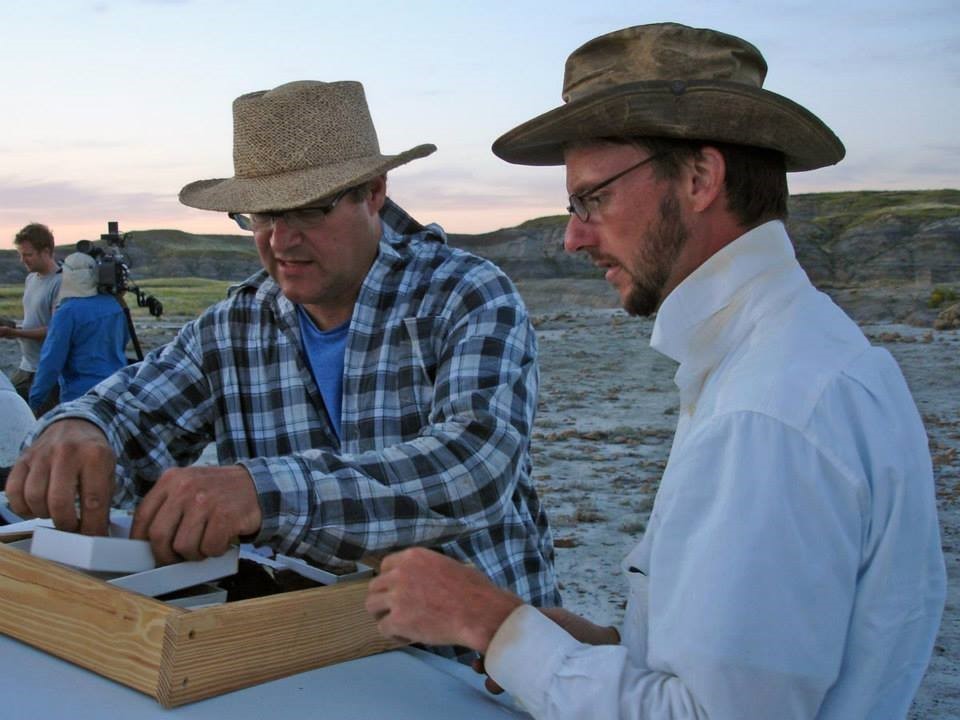Dr. Tyler Lyson is a vertebrate paleontologist who studies the extinction of the dinosaurs, the rise of placental mammals, and the evolutionary origin of various reptiles, particularly turtles. He combines developmental, genetic, and fossil data with high-resolution chronostratigraphic data to address his research questions. Tyler has conducted fieldwork throughout the American West and has active field sites in North Dakota, Montana, and Colorado. Tyler was born in North Dakota and has been doing paleontology fieldwork since he was in middle school. Tyler received his BA from Swarthmore College and his PhD from Yale University. Tyler joined the Museum in 2014 after a postdoctoral position at the Smithsonian Institution.
Featured Publications
Lyson, T.R.,Miller, I.M., Bercovici, A.D., Weissenburger, K., Fuentes, A.J., Clyde, W.C., Hagadorn, J.W., Butrim, M.J., Johnson, K.R., Fleming, R.F., Barclay, R.S., MacCracken, S.A., Lloyd, B., Wilson, G.P., Krause, D.W. & Chester, S.G.B. 2019. Exceptional continental record of biotic recovery after the Cretaceous–Paleogene mass extinction. Science 366: 977–983. DOI: 10.1126/science.aay2268
Lyson, T. R. & Bever, G. S. 2020. Evolutionary Origin of the Turtle Body Plan. Annual Review of Ecology, Evolution, and Systematics 51, 143-166. DOI: 10.1146/annurev-ecolsys-110218-024746
Lyson, T., Schachner, E., Botha-Brink, J. et al. Origin of the unique ventilatory apparatus of turtles. Nature Communications 5, 5211 (2014). DOI: 10.1038/ncomms6211
Lyson, T., Bever, G.S., Torsten, M. S., Hsiang, A.Y., Gauthier, J.A. Evolutionary Origin of the Turtle Shell. Current Biology 23, 12 (2013). DOI: 10.1016/j.cub.2013.05.003
Lyson, T.R., Rubidge, B.S., Scheyer, T. M, de Queiroz, K, Schachner, E.R, Smith, R.M.H., Botha-Brink, J.,Bever, G.S. Fossorial Origin of the Turtle Shell. Current Biology 26, 14 (2016). DOI: 10.1016/j.cub.2016.05.020
Bever, G., Lyson, T., Field, D. et al. Evolutionary origin of the turtle skull. Nature 525, 239–242 (2015). DOI 10.1038/nature14900
Earth's Last Dinosaur Ecosystem
Join Dr. Tyler Lyson, associate curator of vertebrate paleontology, for a discussion on how the fossil records of plants and animals help to address the tempo and cause(s) of Earth's last mass extinction event.
After the Asteroid
Colorado Discovery that Rocked the World
Sixty-six million years ago a 6 mile wide asteroid slammed into Earth and caused the extinction of more than 75% of life on Earth, including the dinosaurs. This was the single worst day for life on Earth. How and when life rebounded in the aftermath of the extinction has been shrouded in mystery due to a poor fossil record. An extraordinary new discovery east of Colorado Springs preserves a remarkably complete fossil record with entire fossil mammals, turtles, crocodiles, and plants paints a vivid picture of how life rebounded after Earth's darkest hour.












